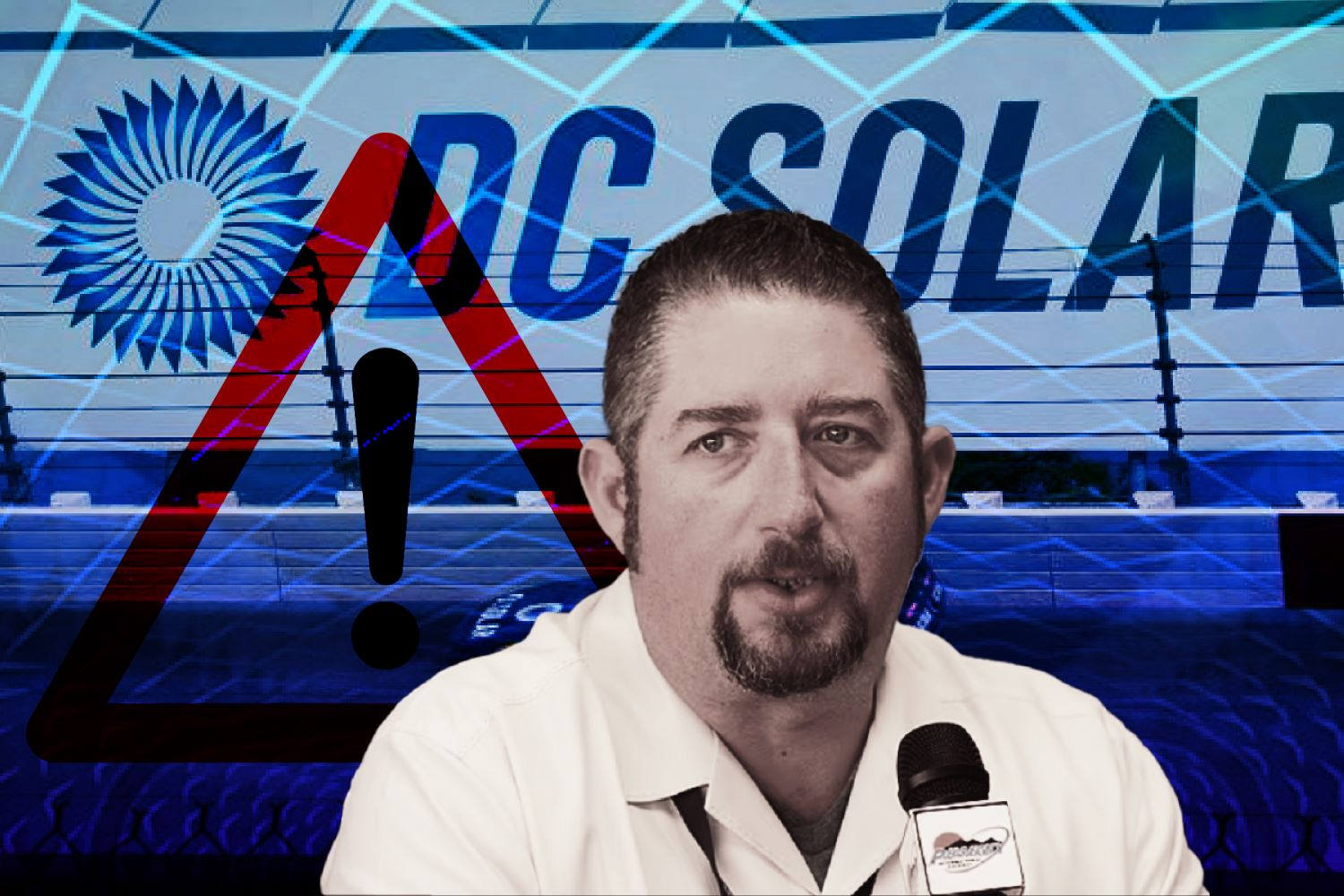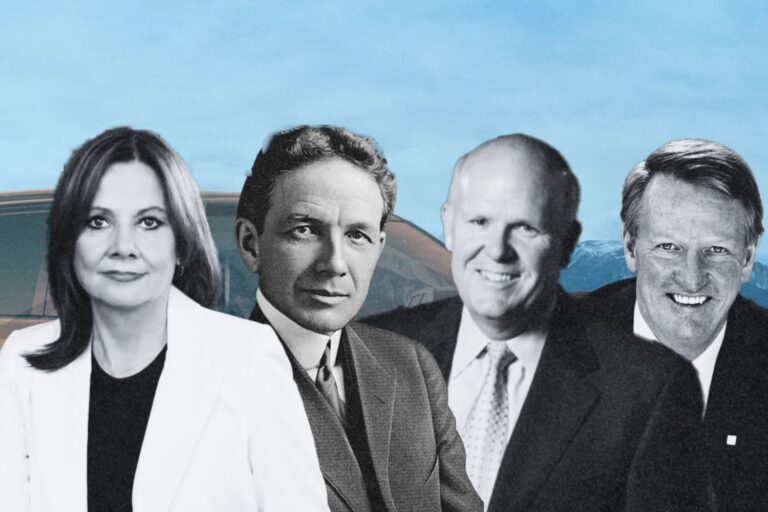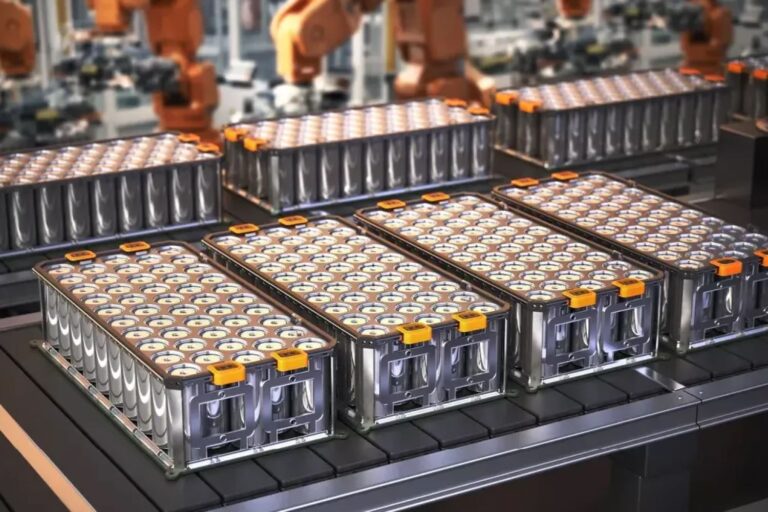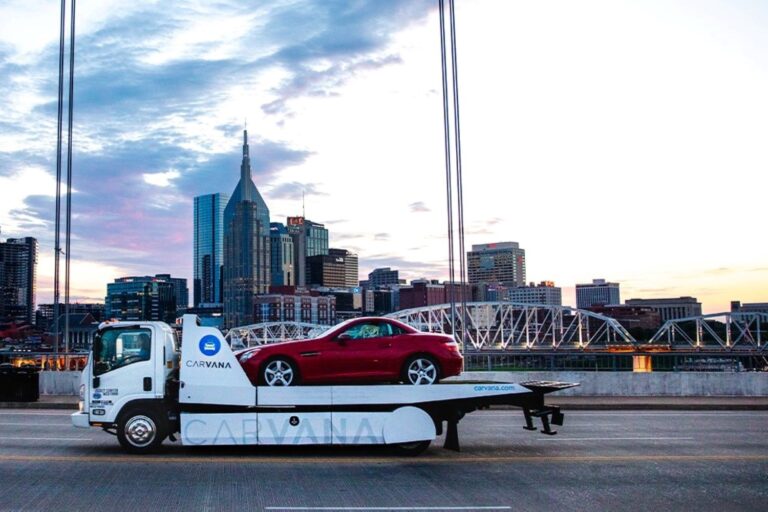The Rise and Fall of Jeff Carpoff and DC Solar: A Billion-Dollar Ponzi Scheme
In the world of corporate scandals, the rise and fall of DC Solar stands as a cautionary tale of ambition marred by deception.
What began as a promising venture led by Jeff Carpoff, a former auto mechanic with a knack for innovation, ultimately unraveled into one of the largest Ponzi schemes in recent history.
Carpoff’s journey from a small-town entrepreneur peddling a green-energy breakthrough to orchestrating a multi-million-dollar fraud scheme highlights the allure and pitfalls of the renewable energy industry.
From Turbulence to Transformation: Jeff Carpoff’s Early Years
Jeff Carpoff grew up in Martinez, California, surrounded by oil refineries and a lot of crime. He described his hometown as tough and not very nice. He learned early on how to handle tough situations in what he called “where the sewer meets the sea.”
“We seen things as a kid that a kid just shouldn’t see,” Carpoff said.
Initially, Carpoff’s aspirations were modest: earning a decent living and providing for his family. As a boy, he earned money by polishing used tires for 10 cents each, fixed up junk cars, and worked at the corner liquor mart stocking shelves. For fun, he enjoyed popping wheelies in his truck in the Alhambra High School parking lot, sometimes splattering mud on teachers’ cars.
He ventured through various odd jobs and faced brushes with addiction and involvement in petty crimes and drug dealings during his early adulthood. He struggled with a meth addiction, which worsened his situation, and eventually resorted to selling the drug to settle debts with dealers.
“I started getting threatening phone calls because he owed money,” his mother – Rosalie – shared.
However, a moment came with his marriage to his high school girlfriend, Paulette, which offered a glimmer of hope.
They started a Land Rover repair shop together, where Carpoff demonstrated his skill for fixing cars and attracted a customers. However, a bad business decision forced the shop to close in 2007, leaving Carpoff in financial trouble once more.
Facing financial difficulties, Carpoff reluctantly returned to drug dealing to survive. These early hardships potentially set the stage for his later involvement in fraudulent activities.
The Development of Jeff Carpoff’s Innovative Solar Panel Concept
At 36 years old and facing financial hardship after losing his business, Jeff Carpoff found a new opportunity as a solar panel salesman. While interacting with customers, he noticed a common concern: the vulnerability of stationary solar panels to theft. This sparked an idea: what if solar panels could be made mobile and versatile?
Even though Carpoff didn’t have formal engineering training, he was good at fixing things and had a knack for tinkering. He came up with an idea on a napkin: a trailer-mounted system with two rows of five solar panels that could rotate.
Together with his brother-in-law, who was also a car mechanic, they worked on it through trial and error. The contraption they built could be easily moved, locked, and adjusted to get the best sunlight.
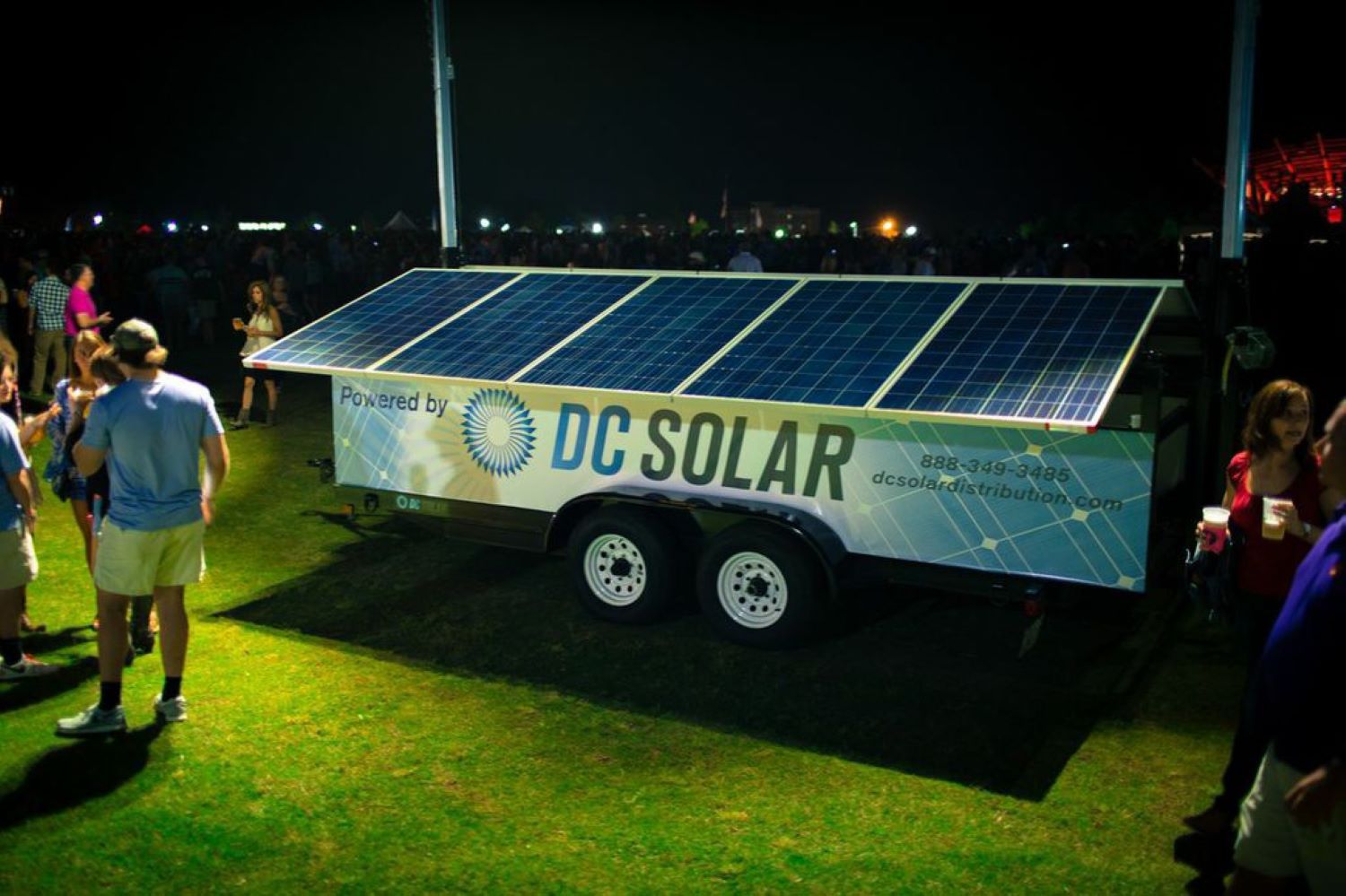
At first, Jeff Carpoff and his brother-in-law were unaware of the huge market for portable generators, valued at around $3 billion each year. But their innovative idea quickly grabbed the interest of Dave Watson, a software consultant from the wealthy Bay Area who knew about investing. Seeing the potential, Watson stepped in and assisted Jeff Carpoff and his wife in launching their company, DC Solar, which began in 2008.
By the end of 2008, Watson’s colleagues had lent Carpoff $368,200 and established Pure Power Distribution to promote his invention. They focused their marketing efforts, especially on Hollywood.
Actor Hart Bochner, famous for his role in Die Hard, praised Carpoff’s invention, suggesting it could make the entertainment industry a leader in sustainability. These portable solar devices were perfect replacements for noisy diesel generators used in trailers for actors and makeup artists on movie sets.
Major films like Inception with Leonardo DiCaprio, Valentine’s Day with Julia Roberts, and Bad Words with Jason Bateman gave them a try. DiCaprio, known for his environmental efforts, even posted pictures of the devices on his Facebook page.
Under Jeff Carpoff’s leadership, DC Solar participated in prominent initiatives such as the Obama Administration’s Smart City Challenge, which enhanced its public image. However, Carpoff’s fraud could not stay hidden.
Jeff’s Machinations: Orchestrating the Fraud
Carpoff’s actions didn’t just shake up the business world – they also highlighted the severe impact of unchecked ambition and ethical lapses.
Crafting Narratives: Networking with Purpose
Jeff Carpoff knew how crucial networking was and used various methods to connect with people in business. He would portray himself as a successful entrepreneur at social events and share exaggerated stories about his tough early life to gain sympathy and admiration. Carpoff was skilled at captivating others with his engaging storytelling.
According to his mother, he often fabricated stories about his childhood to evoke sympathy or amusement from others. Despite the nature of these tales, his efforts proved fruitful as he managed to establish significant connections among top-tier business professionals.
Carpoff went to Daytona Beach, Florida, pretending to be wealthy while he was actually nearly broke. He talked to a luxury real estate agent about finding investors for his innovative solar product.
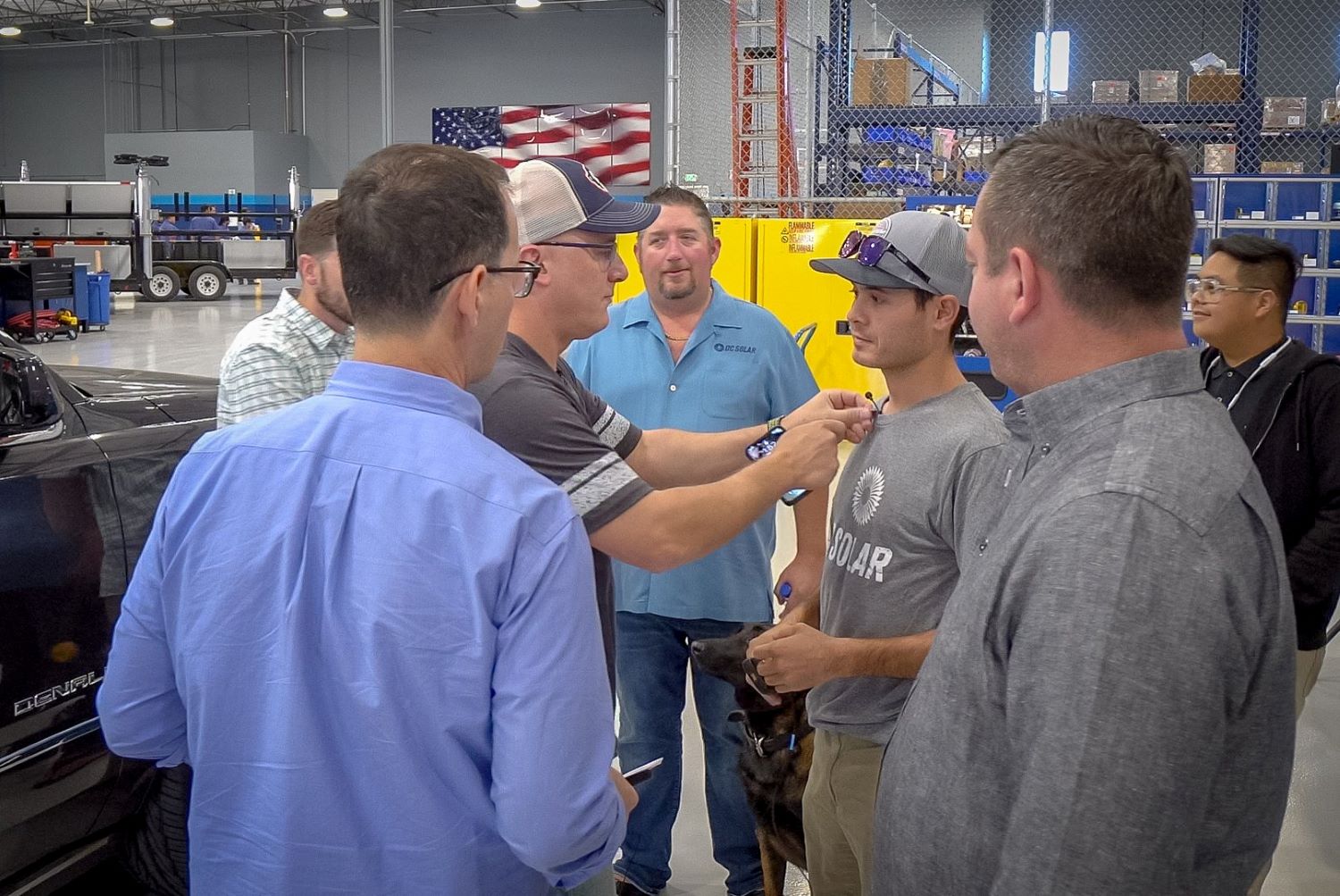
The agent thought of Heidi Gliboff, a well-connected businesswoman in New York. When Gliboff saw Carpoff’s generator plans, she was impressed and eager to market mobile solar technology on commission.
One of his most important connections was with Nixon Peabody, a respected law firm known for its expertise in obtaining special tax benefits, especially for renewable energy industries. It was a major breakthrough for Jeff Carpoff, perfectly aligning with his goals and opening doors for his future endeavors in renewable energy.
Leveraged Tax Incentives for an Irresistible Business Proposition
In addition, Jeff Carpoff saw a big chance in business when Congress tripled tax credits for solar equipment in 2005. Companies could now get back 30% of their federal income taxes when they bought and installed solar gear. It was like a 30% discount on their investments, making solar projects much more appealing financially.
DC Solar took advantage of this opportunity by offering trailers equipped with solar generators. These trailers appealed to companies wanting to cut their tax bills and show their commitment to sustainability.
Carpoff set up a special fund so buyers could purchase generators to maximize tax savings. Initially, buyers paid only 30% of the generator’s price upfront, getting this amount back immediately through tax credits.
To cover the remaining 70%, DC Solar provided loans to buyers, who repaid them through leasing agreements managed by the company.
Carpoff went further by guaranteeing loan payments and offering cash payouts derived from leasing revenues, making the deal incredibly appealing to businesses. Notably, companies benefited from not needing to handle, maintain, or even physically possess the generators.
The attraction of financial benefits overshadowed concerns about the practicality and sustainability of DC Solar’s generator business model. Many big corporations were enticed by tax incentives and other advantages, often skipping thorough due diligence.
The Ponzi Scheme Behind DC Solar’s Business Downfall
Besides, Jeff Carpoff rode the wave of early success with Sherwin-Williams, leading a fast-growing company built on unstable beginnings.
DC Solar reached a milestone by partnering with US Bank, promising sustainability and economic gain. But their success was built on deception. Carpoff used fake documents and exaggerated demand, fooling investors and partners.
DC Solar’s credibility suffered due to unreliable solar generators. Movie sets experienced power outages from faulty equipment, often resorting to diesel generators after solar failures – creating an ironic situation. Even critical client inspections, like those from Sherwin-Williams, were marred by poor workmanship and deceit.
To appear ready, DC Solar hastily assembled the first row of panels, masking deeper operational issues.
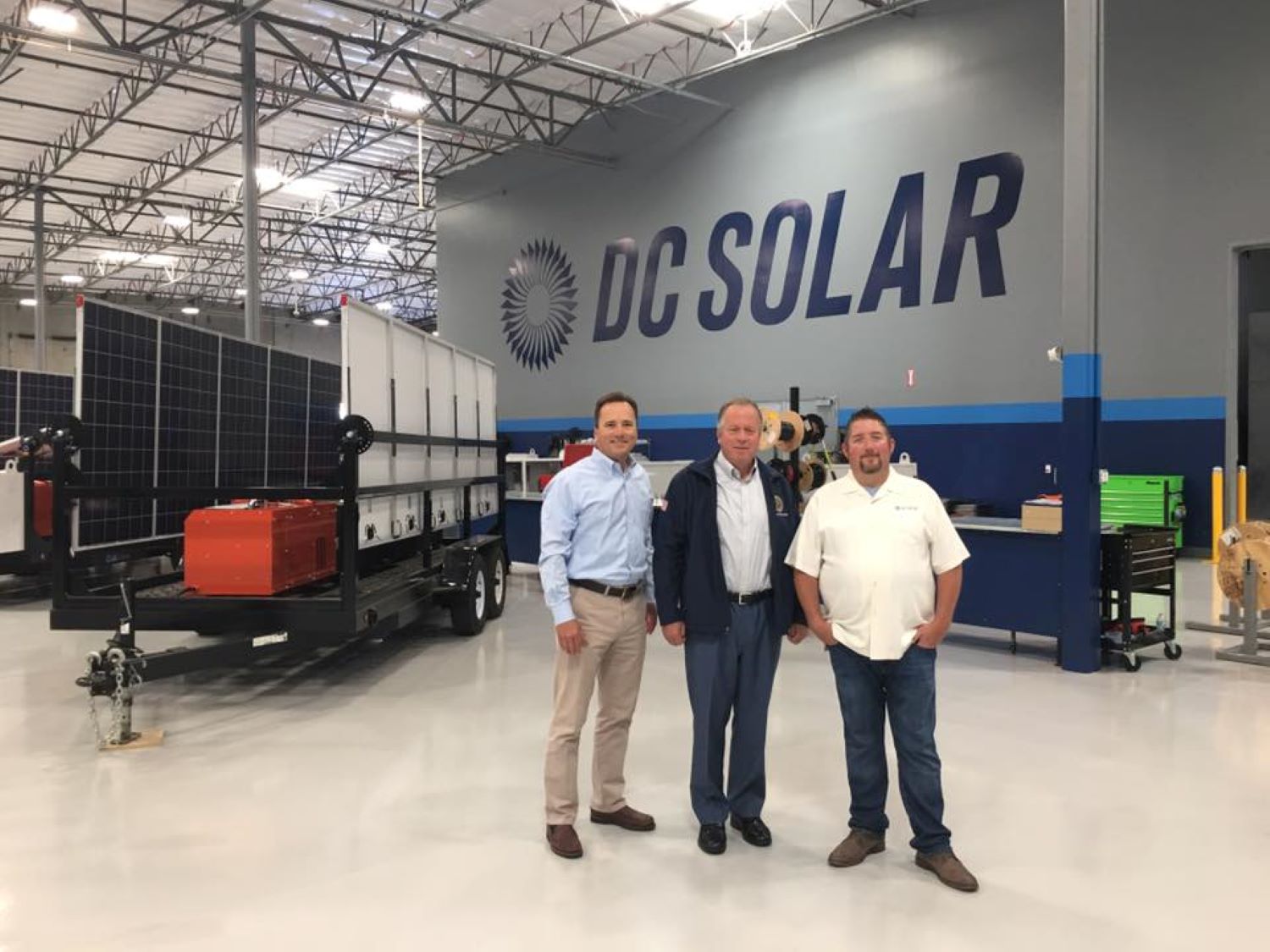
Jeff Carpoff’s personal gain amid DC Solar’s struggles raises ethical concerns. While the company faced challenges securing leases and meeting financial obligations, he bought an expensive home with cash. This disconnect between his personal wealth and the company’s responsibilities is troubling.
The IRS’s scrutiny over solar tax credits worsened DC Solar’s financial problems. Without long-term leases and reliable operations, investor confidence waned, and legal troubles mounted.
As DC Solar neared collapse in mid-2012, Jeff Carpoff and his team hatched a risky plan. To keep up the appearance of success, Carpoff needed to constantly lure in new investors. This is typical in a Ponzi scheme – using fresh investments to pay off earlier ones.
He employed deceitful methods with potential buyers, like inflating demand by shifting generators and creating fake lease contracts with imaginary renters.
Despite involving a former IRS agent and a shell company to handle a $76 million deal, doubts started creeping in among some investors.
In 2014, the IRS tried to investigate DC Solar, but their legal representative managed to delay it for a while. As financial troubles mounted, Jeff Carpoff and his team turned to more elaborate schemes to hide their actions. Despite claiming high leasing activity, they struggled to meet commitments to earlier buyers.
When Valley National Bank looked into the lease agreements for their $76.8 million purchase, they found out that only a small fraction of the generators was actually leased out, revealing the extent of the deception.
In a desperate move to appease Valley National Bank, DC Solar’s CFO, Robert Karmann, resorted to forging documents and lease figures. Ultimately, fate caught up with DC Solar. The elaborate web of deceit unraveled, leading to severe consequences for Jeff Carpoff and those involved.
Hooking Warren Buffett: Jeff Carpoff’s Trick to Secure Investment
The involvement of Geico, a subsidiary of Warren Buffett’s Berkshire Hathaway, added significant credibility to Jeff Carpoff’s DC Solar enterprise. But how did such a prestigious company become part of the mix? It all began with Jeff Carpoff’s penchant for deception.
To boost his company’s image and attract big names, Carpoff created a fake lease deal with telecom giant T-Mobile. He tempted a T-Mobile employee with a high salary and bonuses to sign forged papers, locking T-Mobile into leasing 10,000 generators for 10 years at $13 million annually. This bold move paved the way for him to impress Geico with his growing reputation and seeming success.
Warren Buffett, who has a strong interest in solar energy, liked DC Solar’s pitch. Carpoff saw a chance to leverage Buffett’s enthusiasm, especially after Buffett expressed willingness to invest billions in solar projects.
“If somebody walks in with a solar project tomorrow and it takes a billion dollars or it takes $3 billion, we’re ready to do it,” Buffet said. “And the more the better.”
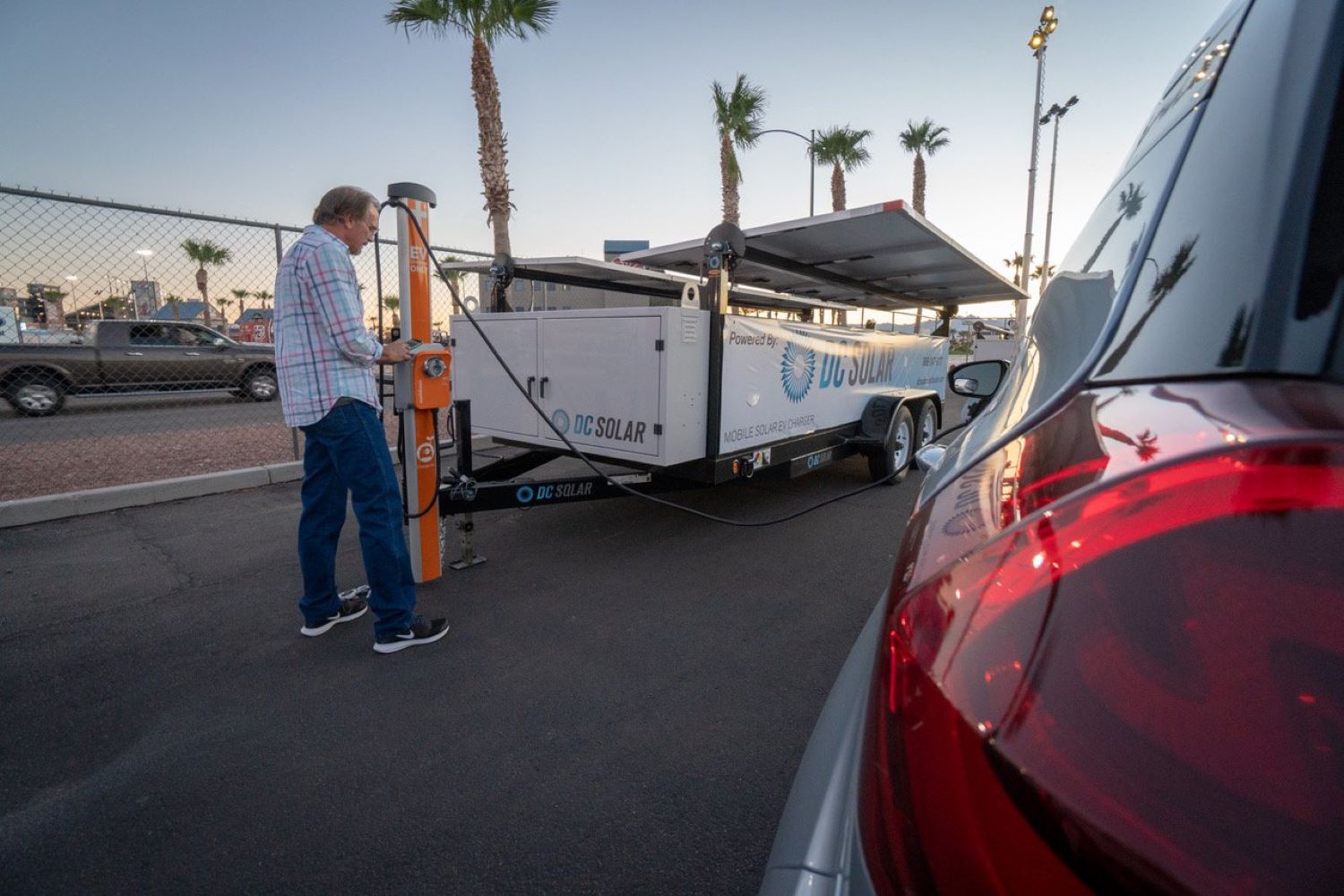
This resonated with Jeff Carpoff, who used it to his advantage. Geico then agreed to buy nearly 8,000 generators, totaling almost $1.2 billion over three years.
The DC Solar’s founder didn’t stop at deception. To deceive potential investors about their inventory, he and his team used sneaky tactics. When visitors wanted to inspect DC Solar’s generator stock, they would remove Vehicle Identification Numbers (VINs) from units owned by earlier buyers.
Then, they would stick these VINs onto other units that visitors wanted to see, making it look like they had more generators than they actually did. It was all about creating a false impression of a larger inventory.
The Final Revelation: DC Solar’s Jeff Carpoff Sentenced
In 2016, the IRS dug deeper into DC Solar’s operations and found alarming differences. They discovered that while the company sold generators for $150,000 each, their real value was only about $13,000. This pricing meant companies saved $45,000 in taxes per generator – a massive 300% of what the generators were actually worth, not the 30% initially thought.
As DC Solar faced more scrutiny, security tightened. More surveillance cameras appeared, and access to important documents was restricted.
In early 2018, the Securities and Exchange Commission (SEC) received a crucial tip-off from a whistleblower, later identified as Sebastian Jano, DC Solar’s Director of Project Finance. Jano’s revelation exposed the entire fraudulent scheme. While his motives remain unclear, his actions prompted investigations by both the SEC and the FBI.
In December 2018, federal authorities caught up with Jeff Carpoff. He tried to run but was caught. They took away his large amount of money and expensive cars. They also found his secret bank accounts. This stopped his plans for good.
In January 2020, Jeff and Paulette Carpoff pleaded guilty to a range of charges including fraud and money laundering. Their trial, which began in November 2020 and lasted several months, exposed the extensive scheme they had orchestrated.
Jeff Carpoff was sentenced to 30 years in prison, while Paulette received a sentence of 11 years and 3 months. Other people who helped in the scam got prison terms from 2 to 8 years. They also had to pay back millions of dollars.
During his sentencing on November 9, 2021, at a federal courthouse in Sacramento, Carpoff expressed regret and offered apologies to the government, investors, and his family.
When Judge John Mendez asked Carpoff if he had anything to add, Carpoff simply said, “Yeah.”
He said he never understood tax-credit deals well. Carpoff admitted he trusted the wrong people and would have stopped earlier if buyers cared about more than just tax credits. “The bigger the deal, the easier they were to close,” Carpoff said. “It was the most bizarre thing.”
The downfall of DC Solar laid bare a Ponzi scheme that defrauded various companies of nearly $1 billion. Some of the most notable victims included US Bank, Berkshire Hathaway’s Geico, and Progressive Insurance. During Jeff Carpoff’s trial, a judge summed up the seriousness of the situation by saying, “You were selling air.”

